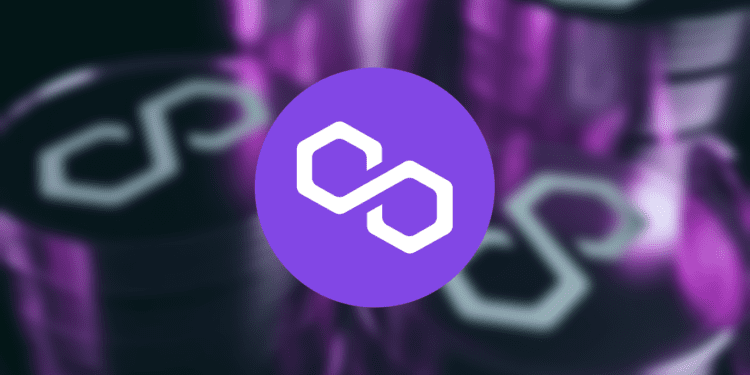- Polygon accused Matter Labs of copying part of its open-source code without proper attribution in its new proving system, Boojum.
- Matter Labs denied the allegations, stating that the code was prominently attributed.
- The dispute highlights the importance of clear attribution and respect for community norms in the open-source community.
A recent clash between two prominent blockchain firms, Polygon and Matter Labs, has brought to light some critical questions about the ethics of code attribution and the very essence of open-source collaboration. Polygon, a well-known Ethereum scaling firm, recently accused Matter Labs, the developer behind the zkSync rollup, of copying part of Polygon’s open-source code without proper attribution.
In a blog post, Polygon alleged that Matter Labs’ newly released proving system, Boojum, included source code copy-pasted from Polygon’s “Plonky2” software library without the original copyrights or clear attribution. Polygon’s zero-knowledge proof team, Polygon Zero, published screenshots comparing its code to that of Matter Labs, highlighting instances where the code was apparently lifted without attribution.
Matter Labs’ Response
Matter Labs vehemently denied the allegations, arguing that the code was “prominently attributed” in the first line of one of the files in question. A spokesperson told CoinDesk that the new Boojum high-performance proof system leverages only 5% from Plonky2, and that it was appropriately attributed.
Matter Labs’ CEO, Alex Gluchowski, acknowledged that they “could have done it better” and committed to applying a more standard approach to attributions in the future. This dispute between Polygon and Matter Labs is not just a disagreement between two competitors; it highlights the ongoing tension in the open-source community, especially when competing interests are at play.
Open-source culture thrives on collaboration, goodwill, and the free sharing of code. However, it also requires respect for community norms and open-source licenses, including acknowledging when code has originated elsewhere.
The Importance of Attribution
The allegations by Polygon and the subsequent response from Matter Labs underscore the importance of clear attribution in the open-source community. Respecting licenses and providing honest and clear attribution is considered the soul of open source.
Failure to adhere to these norms can lead to mistrust, legal disputes, and a breakdown in collaboration. It can also discourage small and talented teams from contributing to the open-source ecosystem, fearing that their work might be reappropriated without proper recognition.
The crypto space relies heavily on open-source development, and the success of the entire ecosystem depends on adherence to the principles of collaboration, integrity, and respect for intellectual property.
The incident emphasizes the need for clear guidelines, respect for intellectual property, and a commitment to the core values of open-source development. It’s a call to action for the entire community to uphold the principles that have made open-source collaboration a powerful force for innovation and growth.














